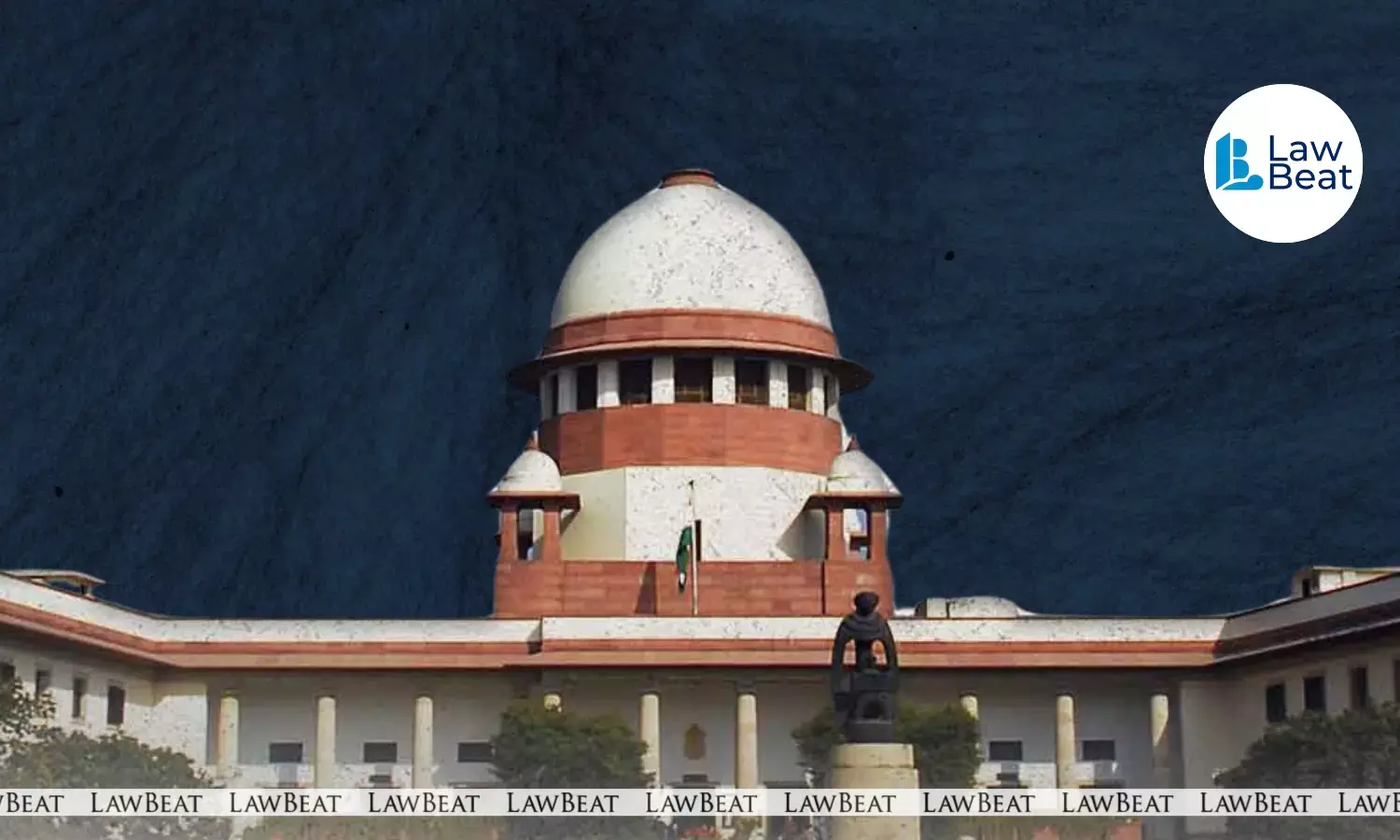Borrowers’ Right to Redeem vs Auction Rules: SC Points to SARFAESI Act-Rules Conflict

Supreme Court is considering issues of medically discharged cadets from elite academies like the NDA and IMA.
The Supreme Court, on September 22, 2025, urged the Ministry of Finance to urgently examine the glaring inconsistency between Section 13(8) of the SARFAESI Act and Rules 8 and 9 of the SARFAESI Rules, noting that the anomaly has rendered the very purpose of the provision ineffective.
A bench of Justices J B Pardiwala and R Mahadevan said, "It has been almost 23 years since the SARFAESI Act has remained in force. It is indeed very sad to note that even after these many years, procedural issues have continued to plague the legislation".
Section 13(8) of the SARFAESI Act deals with borrowers’ “last chance” to save their property, and Rule 8 and Rule 9 of the SARFAESI Rules, 2002 are the procedural rules that banks must follow when selling a borrower’s property. The anomaly is that the Act, after the 2016 amendment, says redemption ends at publication of the auction notice in the newspaper by the bank, but the Rules suggest the process continues until the sale is confirmed and the certificate is issued. This mismatch causes litigation: borrowers argue they still have a right to redeem before sale is completed and purchasers argue their rights are final once auction is announced.
The Supreme Court held that the borrowers cannot redeem property after publication of the auction notice, as purchasers acquire indefeasible rights once the sale certificate is issued by creditor banks and financial institutions under the SARFAESI Act.
The bench pointed out, despite a catena of amendments, the glaring anomaly that the court has come across in respect of Section 13(8) of the SARAFESI Act and Rule(s) 8 and 9 of the SARFAESI Rules persists.
"We are, however, at our wits’ end to note how the ill-wording of Section 13(8) of the SARFAESI Act has resulted in a glaring inconsistency between the provision and the SARFAESI Rules framed in lieu thereof,'' the bench said.
Court felt that it is unfortunate that the ambiguities within the statutory provisions of the SARFAESI Act and Rules thereunder have left the interests of secured creditors and auction purchasers high and dry.
"The interpretative deadlock between the provision and the rules has single-handedly resulted in a huge mess insofar as enforcement of security interest is concerned, giving birth to an endless pipeline of litigation clogging the specialized forums of the DRT and DRAT, that are expected to expeditiously decide matters of recovery of debt,'' the bench said.
Court urged the Ministry of Finance to take a serious look at these provisions and bring about necessary changes before it is too late in the day.
Court here upheld the rights of auction purchasers under the SARFAESI Act. Allowing the appeals of M Rajendran & Ors, the bench set aside the Madras High Court's judgment, which had quashed the auction of a mortgaged property belonging to M/s KPK Oils and Proteins India Pvt Ltd.
The bench declared that the High Court erred in interfering with the Debt Recovery Tribunal’s findings.
Court said that the borrowers’ right to redeem a mortgaged property stood extinguished once an auction notice was issued under Section 13(8) of the SARFAESI Act.
However, the SARFAESI Rules do not speak of any distinct notice of sale that is required to be issued by the secured creditor for the transfer of the secured asset by way of lease, assignment or sale, it pointed out.
Prior to the amendment of Section 13(8) of the SARFAESI Act, the apex court consistently held that the borrower shall continue to have a right of redemption of the mortgage until the execution of the conveyance of the secured asset by way of a registered instrument, the bench said.
However, the 2016 amendment to Section 13(8) of the SARFAESI Act allowed the right of redemption only till the date of publication of notice, the court emphasised.
The bench also clarified that the provision will apply even to loans taken before the amendment came into force if the default occurred after September 1, 2016.
Court directed its Registry to forward one copy each of this judgment to all the High Courts across the country and also to the Principal Secretary, Ministry of Finance and the Principal Secretary, Ministry of Law & Justice.
Case Title: M Rajendran & Ors Vs M/s KPK Oils And Proteins India Pvt Ltd & Ors
Order Date: September 22, 2025
Bench: Justices J B Pardiwala and R Mahadevan
